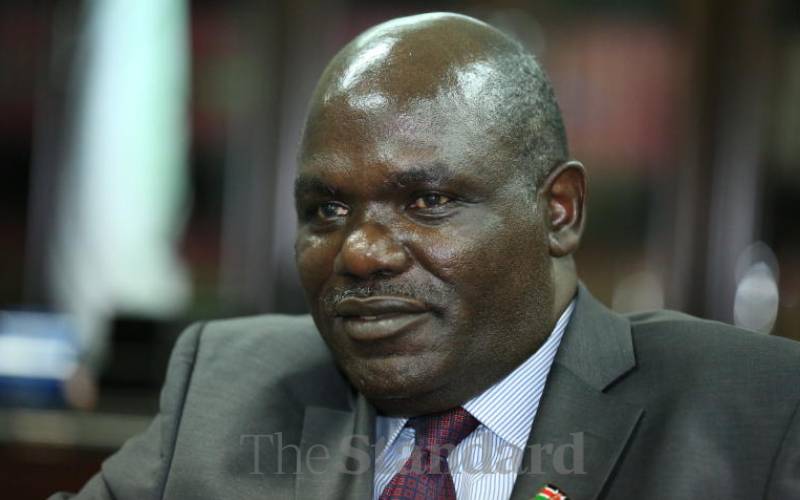×
The Standard e-Paper
Stay Informed, Even Offline

IEBC Chairman Wafula Chebukati. [Boniface Okendo, Standard]
Free and fair elections conducted through a verifiable process are the foundation of democracy - a democracy that ensures the government draws its authority from the will of the people.